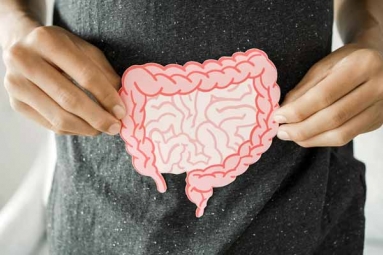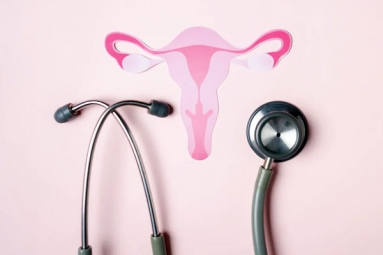
(Image source from: Canva.com)
Illnesses like diabetes, increased blood pressure, heart conditions, cancer, and strokes are some major causes of death globally. Each year, many people die from illnesses that could be avoided or managed if discovered in their early stages. These conditions usually develop slowly and quietly over time without clear signs until they become very serious. That’s why testing is so important: it helps find these illnesses early, so prevention or quick treatment can lead to better outcomes.
Testing means looking for illnesses before you feel or notice anything. Getting tested early helps by:
- Finding health issues quickly
- Getting treatment when you need it
- Avoiding serious problems
- Living a longer and healthier life.
Who Should Be Tested?
Testing is a good idea for:
- People who are 30 years old and older
- People who have family members with long-lasting diseases
- People who live unhealthy lives by smoking, being too heavy, drinking alcohol, and eating poorly
- Women over 21 years old to check for cancer in their cervix and breasts
- People with diabetes, increased blood pressure, or cholesterol problems
- Workers in jobs with radiation or other unsafe conditions
- Older people (50 and older) to check for cancer in their prostate, colon, and ovaries.
What Types of Tests Are Suggested?
High Blood Pressure: Have your blood pressure checked regularly starting at age 18
Diabetes: Get tested for fasting blood sugar and HbA1c from age 35, or earlier if diabetes runs in your family
Heart Health: Get a lipid profile and ECG starting at ages 30-40 or earlier if you're at risk
Breast Cancer: Women over 40 should get mammograms, and earlier if breast cancer runs in the family
Cervical Cancer: Women aged 21-65 should get PAP tests and HPV testing every 3-5 years
Colorectal Cancer: Starting at age 45, get stool tests and colonoscopies, or earlier if you have symptoms
Lung Cancer: Smokers over 40 should get CT scans.
How to Enhance Your Lifestyle?
- Cook meals at home using less salt, sugar, and spices
- Stay away from food that is processed, fast, or from takeout places
- Don't drink soda, sugary drinks, or alcohol
- Keep your body weight at a healthy level
- Be physically active every day for 45-60 minutes
- Try to get 6-8 hours of good sleep each night
- Try yoga, meditation, music, or other relaxing things you enjoy.
What Can Be Done?
- Tell people in the community about why it’s important to get regular health checks
- Pay special attention to people at high risk, like the elderly, those with bad habits, and those at risk because of their genes
- Promote preventive actions: eating well, exercising regularly, and avoiding tobacco and alcohol
- Make testing more available, like by offering free or cheap check-ups in areas where they are needed.
Final Thoughts:
- It’s better to prevent illness than to treat it.
- Finding health problems early through regular testing greatly improves results and can save lives.









